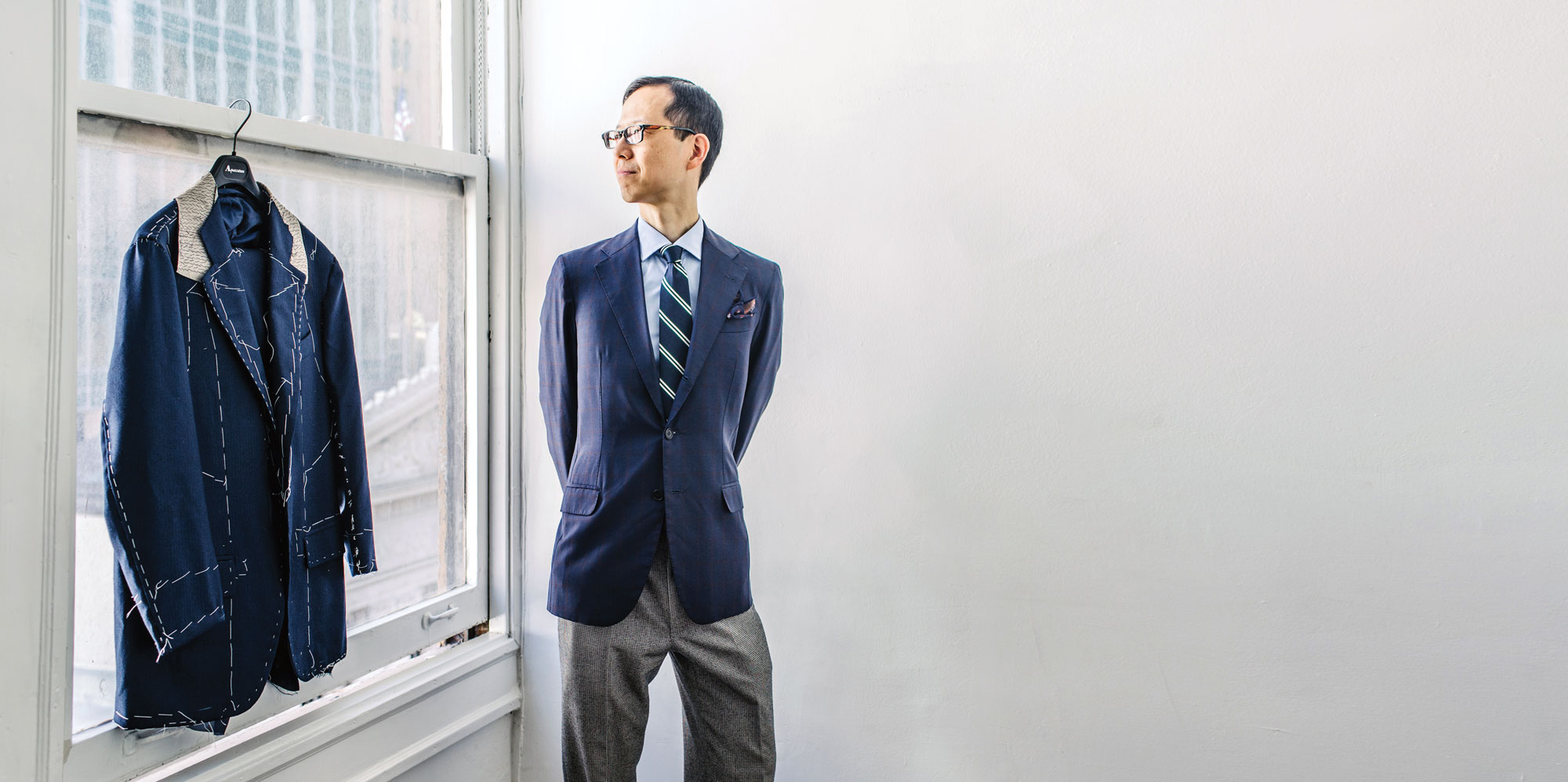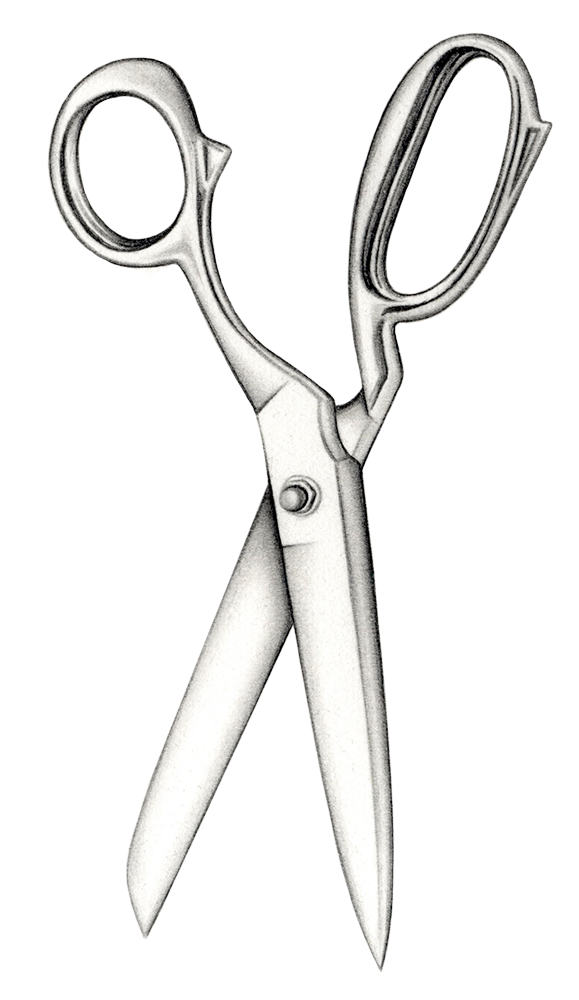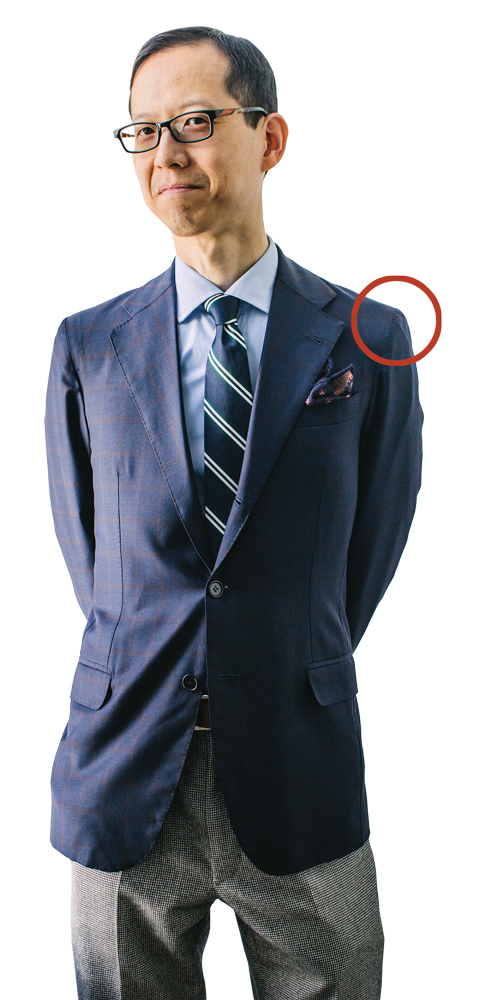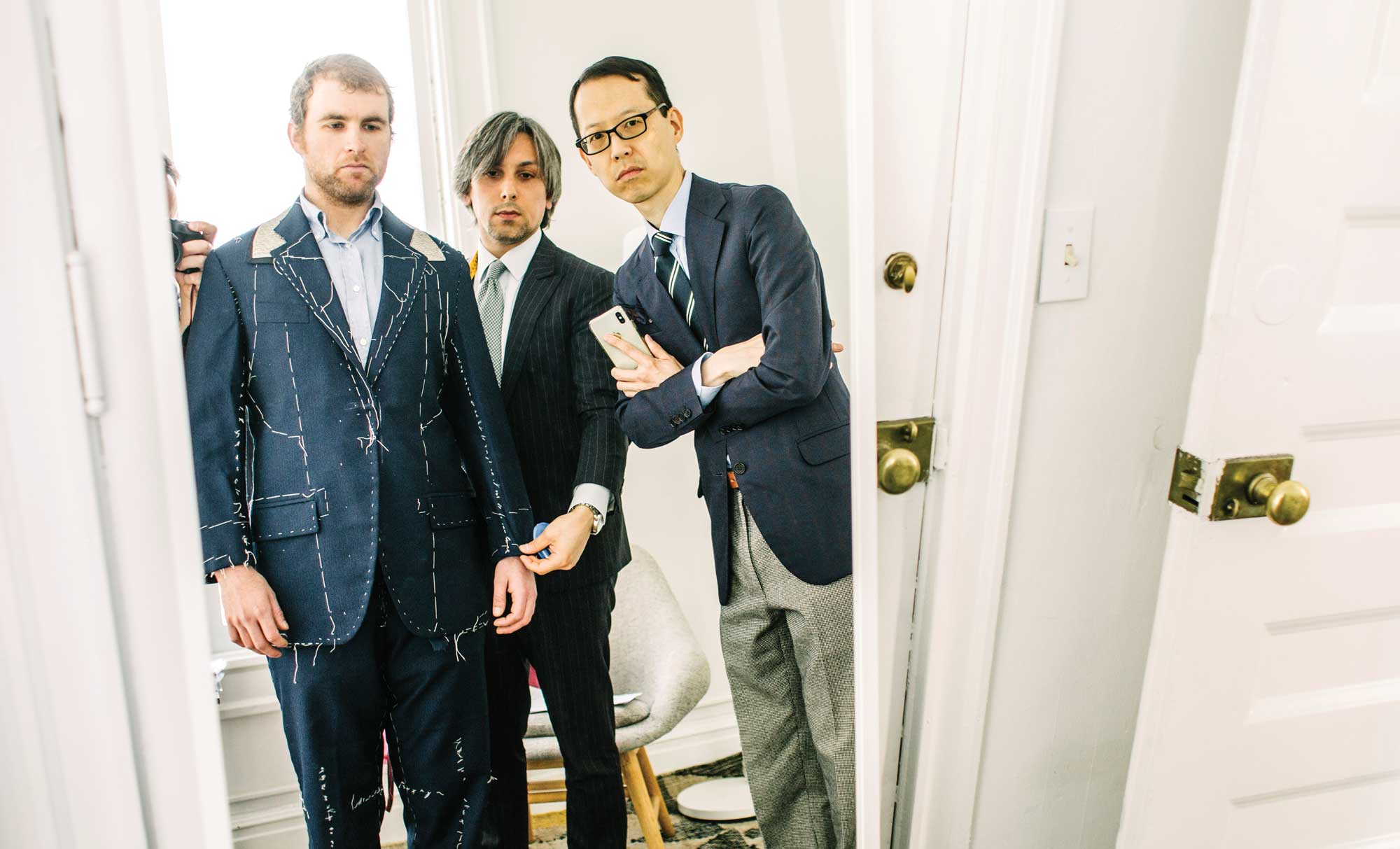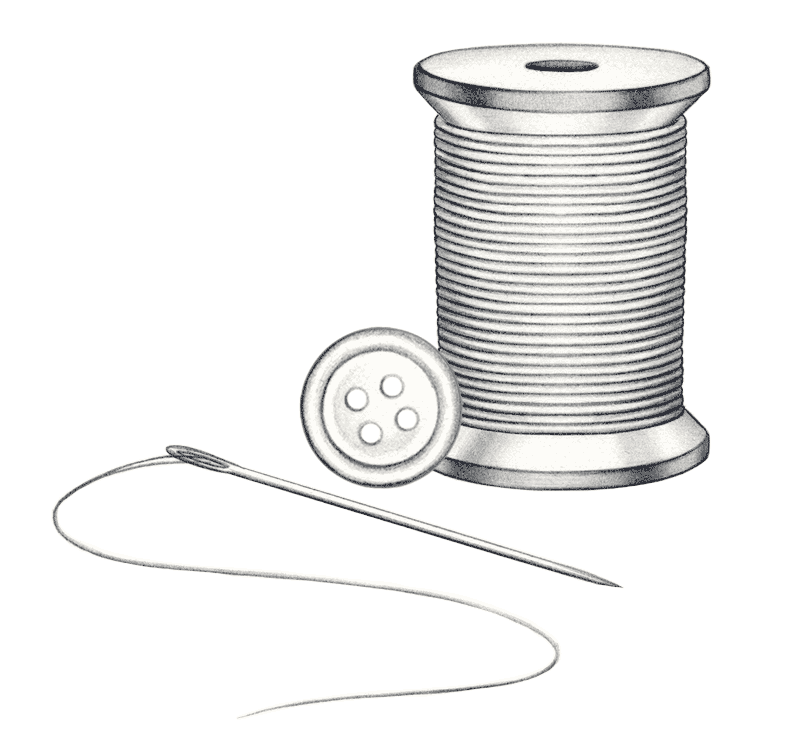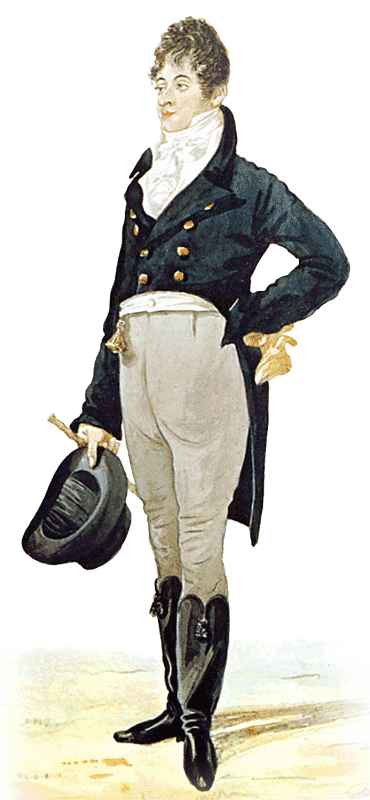“So many influences created a culture that is resistant to extremes,” Maing says. “The Neapolitan jacket is an extreme in terms of being unstructured. I don’t think that Sicilians are that extreme. Look at Sicilian architecture. It’s a fusion of different styles. Norman, very linear. Sicilian baroque, an explosion of curvature. The Savile Row tailor pays more attention to the line. The Neapolitan tailor focuses on the curve. Sicilian tailoring is both the curve and the line. The tailor is looking for balance.”
In the course of his travels through Sicily, Maing learned that in the mid-1900s, its cities housed hundreds of tailors. Siracusa, which was then home to fewer than 100,000 people, had 200 tailors. Today, Manhattan, with its 1.66 million inhabitants, doesn’t have that many.
“Postwar Italy was very poor,” Maing says, “with very few options for families to make a living. Many went into tailoring since it was one of the few things they could count on. Back then, everyone wore bespoke clothing, including underwear.”
But as ready-to-wear prices dropped, tailors who spent 40 hours on a jacket couldn’t compete. Formality also decreased, with many people turning to jeans or athleisure. And for those who still wanted suits, the division in global fashion between Savile Row and Naples—Maing calls it “very tribal”—obscured other options even among Sicilians. Today, at 34, Claudio Italiano is the island’s youngest tailor, and most in the previous generation have closed shop, though with growing interest in Sicilian tailoring, new apprentices are honing their skills. On one visit to Siracusa, Maing met the city’s last remaining tailor and listened to his stories—years painstakingly bent over a table sewing and cutting or instructing apprentices.
In 2011, Maing wrote
Sleevehead’s Guide to Sicilian Tailors, with a second edition in 2017. Called “the definitive guide to the subject” by Bruce Boyer, a former fashion editor and writer for such magazines as
Town & Country,
GQ and
Esquire, the book places Sicilian suits within their larger, historical context. Then, in the form of a travel guide, it introduces the island’s major cities and tailors, enabling aficionados to independently follow Maing’s path.
Alternatively, he can bring Sicilian tailoring to them. Through Maing’s website, Sicilian Reserve, clients can order suits ranging in price from $3,000 to $5,500, or a jacket alone, $2,500 to $4,500. (Those who prefer to supply their own cloth, as some of his vintage-loving customers do, can have a suit made for $2,500 or a jacket for $2,000.) Once an order is placed, Maing travels with a tailor to meet the client. Before the company’s launch, there were no traveling Sicilian tailors, even though Europe has a long history of well-known tailors making trips to the United States. This is not simply for the client’s convenience, he explains: “It’s also a question of optics.” Spouses are not always magnanimous about being left stateside while their husbands traipse off to Italy for suit fittings.
‘For me, clothing is more cultural. It’s about how these things came to be used, designed and created. I’m basically an anthropologist in the supply chain of menswear.’
For Ethan Klivans, the customer Maing and Italiano met in San Francisco, the draw of Sicilian Reserve was the handmade, artisanal aspect of Sicilian tailoring.
“I had always associated formal menswear with boring, poorly fitting, uncomfortable suits: the off-the-peg Brooks Brothers suits of my father. Exacerbating that, the media’s portrayal of men who look sharp in suits, such as James Bond or David Beckham, seemed very remote from who I am. I do not consider myself stylish; I was simply looking for clothes that would make me feel my best.”
Though Klivans considered tailors closer to home, he didn’t like their house styles, and he saw little appeal in the online men’s formalwear services run by what he calls “Instagram dandies”—“men with gelled hair and flamboyant pocket squares”—who would send his measurements to the Far East. Maing’s approach was a welcome contrast. “Juhn’s ability to share and apply his expertise and knowledge in a patient manner is invaluable for the sartorial novice,” Klivans says.
Sicilian Reserve now handles 20 customers each year, ranging from descendants of Sicilian-American immigrants interested in heritage, to bespoke cognoscenti looking for something new, to neophytes in need of guidance. “I have many clients who know what they want,” Maing says. “I only step in if the choice they are making may not work as they think it will.”
As for Maing’s own love for couture, its origin—beyond his personal needs—is unclear. “I meet people who were interested in watches and ties when they were 10,” he says. “I went to a public school without a serious dress code. I was pretty much a normal kid who liked model airplanes and toys. But I needed to dress professionally, and one thing led to another.”
His parents, who have retired to Orlando (he moved there to be close to them), don’t recall him having a childhood interest in clothing. They were puzzled by his career swerve. Though his mother’s father was a dressmaker in Korea and had a workshop there, Maing never saw it. He muses that in a Korean immigrant family, many things were implied, among them presenting well. “They didn’t have to say that you have to look good or be serious about your studies. This was the way things were done.”
But the suit, as Maing experienced it, wasn’t just about looking and feeling good; it was an embodiment of history.
“For me, clothing is more cultural. It’s about how these things came to be used, designed and created. I’m basically an anthropologist in the supply chain of menswear.”
Perhaps the most gratifying aspect of Maing’s work is reintroducing the lost craft of Sicilian tailoring to members of its own culture. His readers (“aside from a few seamstresses”) are an international mix of men—a surprising number of whom are Sicilian. “This was one of the unexpected pleasures,” he says. “Within Sicily there isn’t a level of appreciation for their own artisans.”
Once, a Sicilian shirt-maker, Lillo Scarantino, offered to drive Maing around the southwest of the country. When they stopped at Scarantino’s shop in the small town of Caltanissetta, Maing met his son, who was wearing a Neapolitan jacket while at work in the showroom. After speaking with the son for a while, Maing pointed to his own Sicilian jacket and said, without a hint of sarcasm, “The tailors here are great.”
Illustrations by Lauren Mortimer
Deni Ellis Béchard
is a senior writer at Stanford. Email him at dbechard@stanford.edu.

